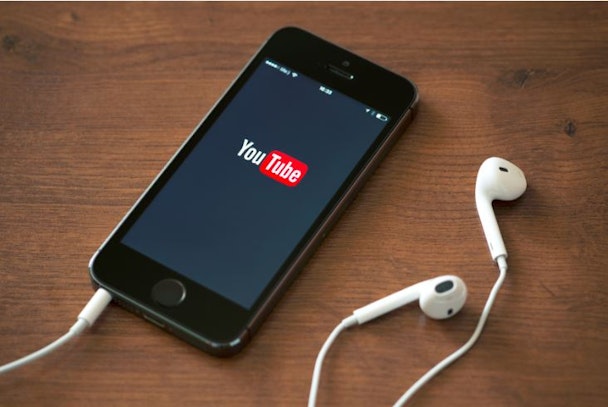'Brands are starting to switch from search to digital video'
Earlier this week eMarketer forecast that US digital display ad spend is expected to surpass search ad spend for the first time this year, according to a report from the research outfit. The Drum caught up with senior forecasting analyst at eMarketer Martin Utreras, to gauge his views on what is driving the shift.

Video, sponsorships, rich media and ‘banners and other’ will make up the largest portion of digital ad spending this year, 47.9 per cent, according to eMarketer numbers.
Within display, marketers will end up investing the most into the ‘banners and other’ category, which includes native ads, and video spending is expected to make up 14.3 per cent of digital ad spend this year, up from 12.8 per cent in 2015 (see chart below).

Below, eMarketer's Utreras provides insight on what's driving this trend, as well describe who the big winners and losers are likely to be as a result.
The Drum: What do you think is driving this shift between search and display?
MU: Social media and video are some of the main drivers. A lot of direct response advertisers are increasingly relying on social media for their campaigns with many display ads like Facebook newsfeed or Instagram offering good conversion rates. At the same time brands are starting to switch some of their budgets to digital video with companies like YouTube and an increasing number of premium video publishers benefiting from the trend.
The Drum: Also, in terms of the shifting of the power dynamics in the online industry. What do you think this means?
MU: We see Google focusing on display as well to compensate as more search happens on mobile and also more search happening within apps (e.g. Amazon, Yelp, etc.).
On the display side we do see Facebook as dominant with their massive audience, not only in terms of ad dollars but in terms of driving traffic to other properties that rely on display advertising. However we do see the display market as more diverse, competitive and fragmented.
The Drum: Many would argue that Facebook is the biggest rival to Google, if this is a point of view you'd agree with, what do you think this shift from search for display means?
MU: They do compete for ad dollars, however we think both ecosystems also depend on each other. Facebook drivers traffic too many of Google's properties.
Android as an example is one of the main gateways for Facebook, and Google's play store plays an important role in driving adoption of Facebook's products.
The Drum: Finally, do you think this tectonic shift spending patterns means that brands will continue to be reliant on their media agencies to help manage this transition from one method of spending to another?
MU: We don't think agencies are out of the equation. Although they've had to evolve and adjust to the new realities of a rapidly changing market, many have successfully positioned themselves to continue serving their clients in this changing environment. As with any shift there will be winners and losers, and we think those agencies quicker to adapt to the new technologies will be ahead of the competition.
Click here to learn more about eMarketer's report

